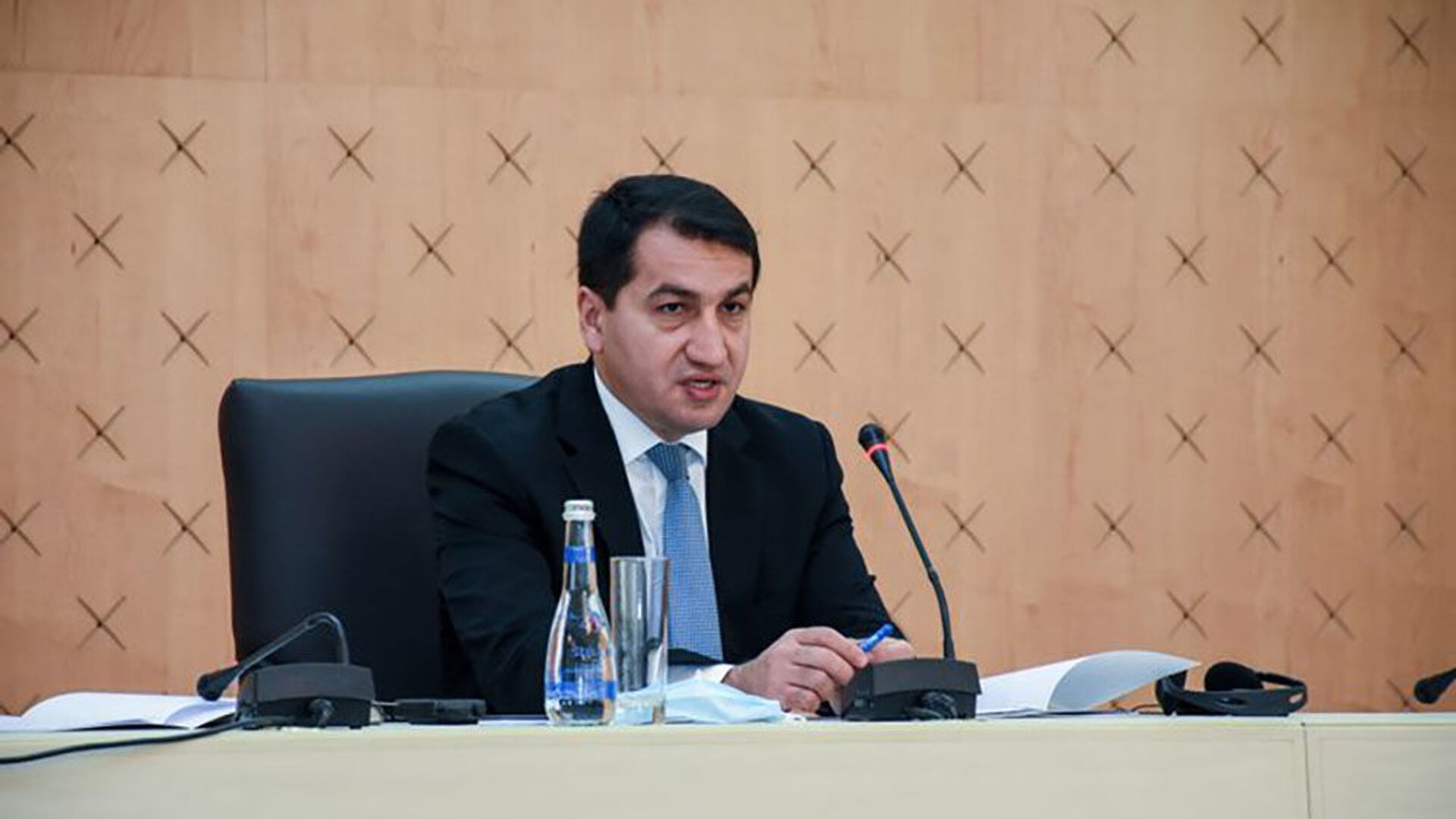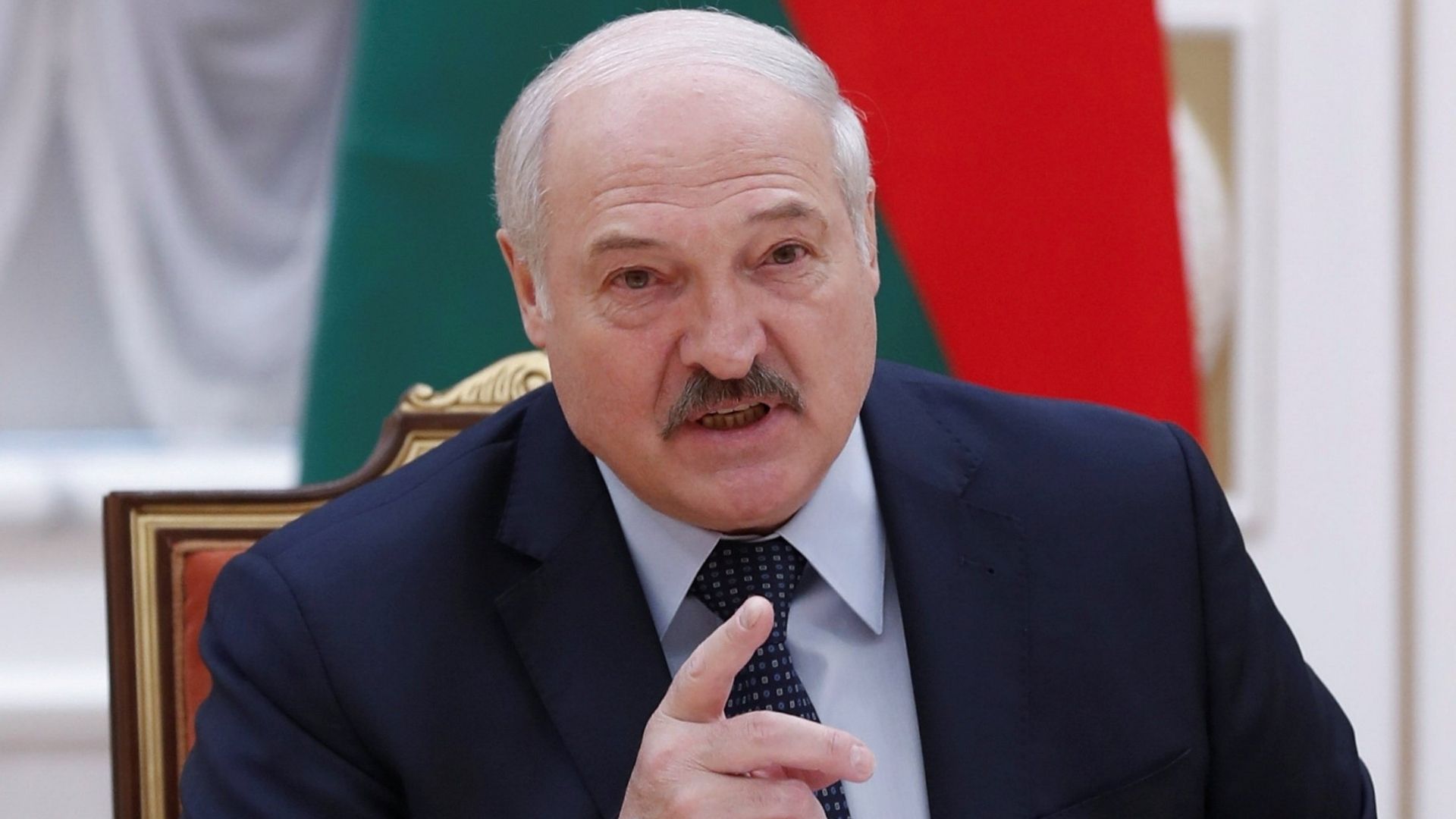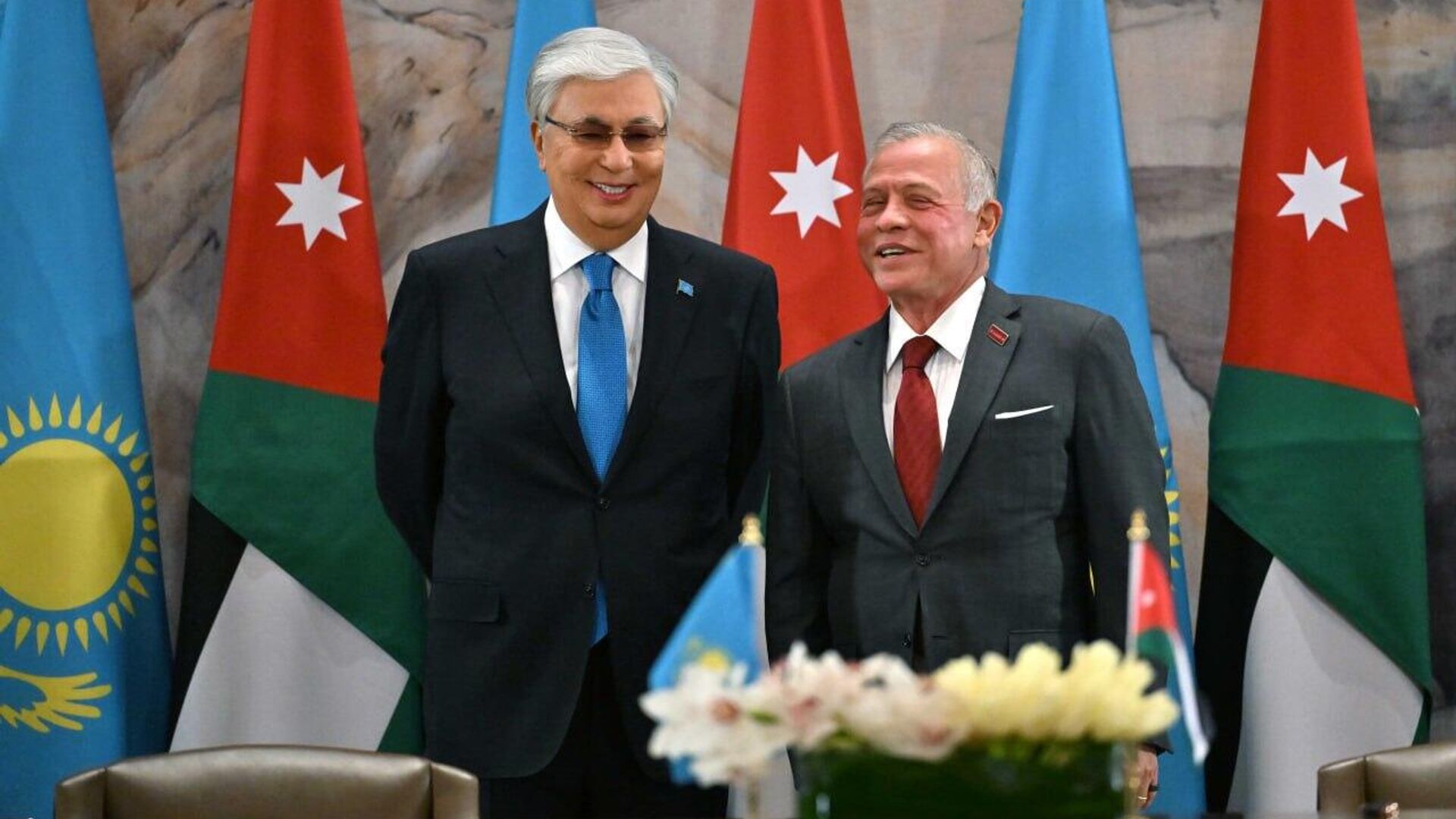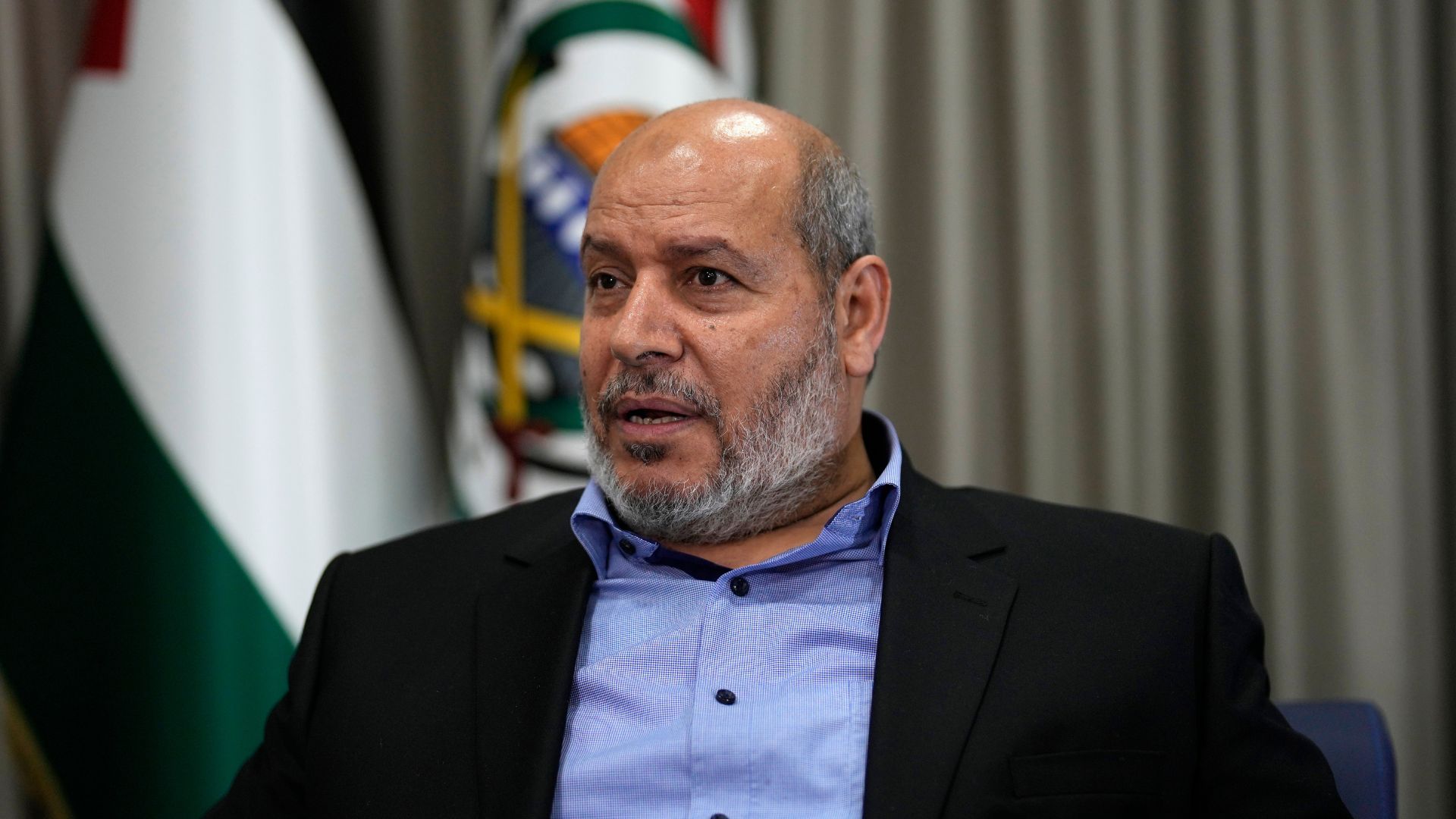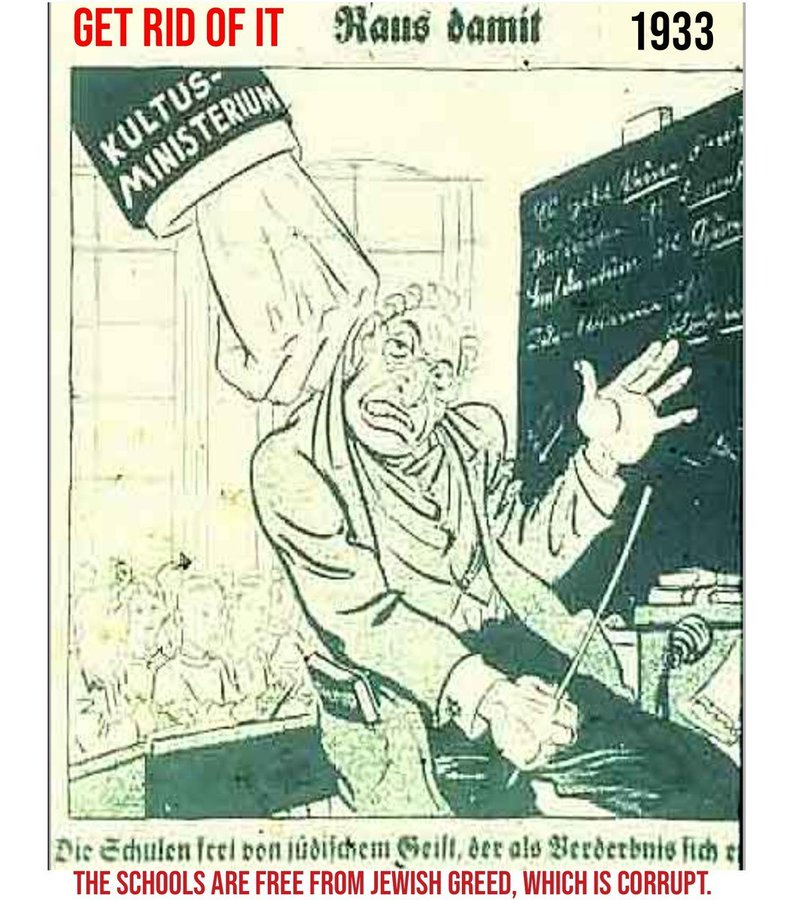Israel Considers Occupying Syria: The Concept of "Living Space" Gains Traction
Discussions about expanding Israeli-controlled territories under the pretext of needing "living space" are becoming more frequent in Israeli media and politics. Right-wing lawyer Guy Bossi called for the full occupation of Syria, while the term "Lebensraum," borrowed from Nazi ideology, is being openly used in public debates.
Details of Statements and Context
- Calls for Occupation:
- Speaking on Israel’s pro-government Channel 14, Guy Bossi stated that Israel should seize the opportunity to claim as much Syrian territory as possible.
- He emphasized that such territories should not be temporarily occupied but permanently integrated into Israel.
- The Times of Israel Article:
- On December 4, 2024, Dan Ehrlich published an article (later removed) in The Times of Israel, advocating for "living space" to accommodate Israel’s growing population.
- Ehrlich used the term "Lebensraum," highlighting projections of Israel’s population reaching 15.2 million by 2048 and stressing the need to retain the West Bank and Golan Heights to provide land for housing and agriculture.
Ideological and Historical Context
- "Lebensraum" Concept:
- Originally used by Nazi Germany to justify territorial expansion, the term is now adapted in Israeli rhetoric to support the annexation of neighboring lands like the West Bank, Golan Heights, and potentially Syrian territories.
- Israeli Policy:
- The Golan Heights and the West Bank have long been under Israeli occupation.
- Territorial expansion is framed as a necessity for accommodating "natural population growth" and addressing resource shortages.
International Reactions and Implications
- For the Region:
- Potential occupation of Syrian territories would heighten tensions with neighboring countries.
- Escalation of conflicts involving Israel’s adversaries, including Syria, Iran, and Palestine.
- For Israel:
- The use of terms like "Lebensraum" could damage Israel’s international reputation.
- Likely increased criticism from human rights organizations and the UN.
- Globally:
- Heightened international pressure on Israel to prevent further annexation.
- Renewed debates over the legitimacy of Israel’s occupation of the Golan Heights and the West Bank.
Conclusion
The revival of "living space" rhetoric in Israeli politics signals deepening ideological conflicts in the region. Such ideas exacerbate tensions and pose significant risks to international stability.
The editorial board is not responsible for the content and accuracy of material taken, sent or obtained from other sources. The publication of such materials is for informational purposes only and does not imply automatic endorsement or approval of their content.
